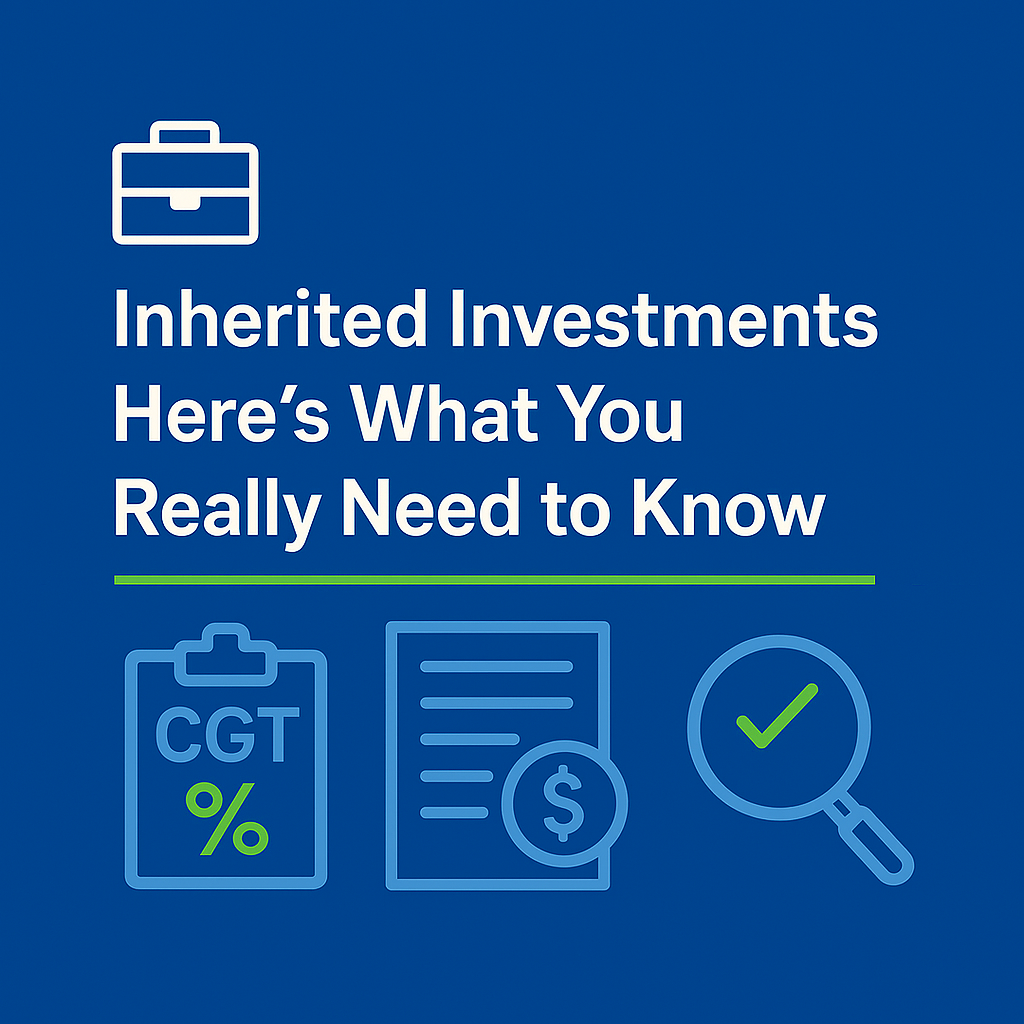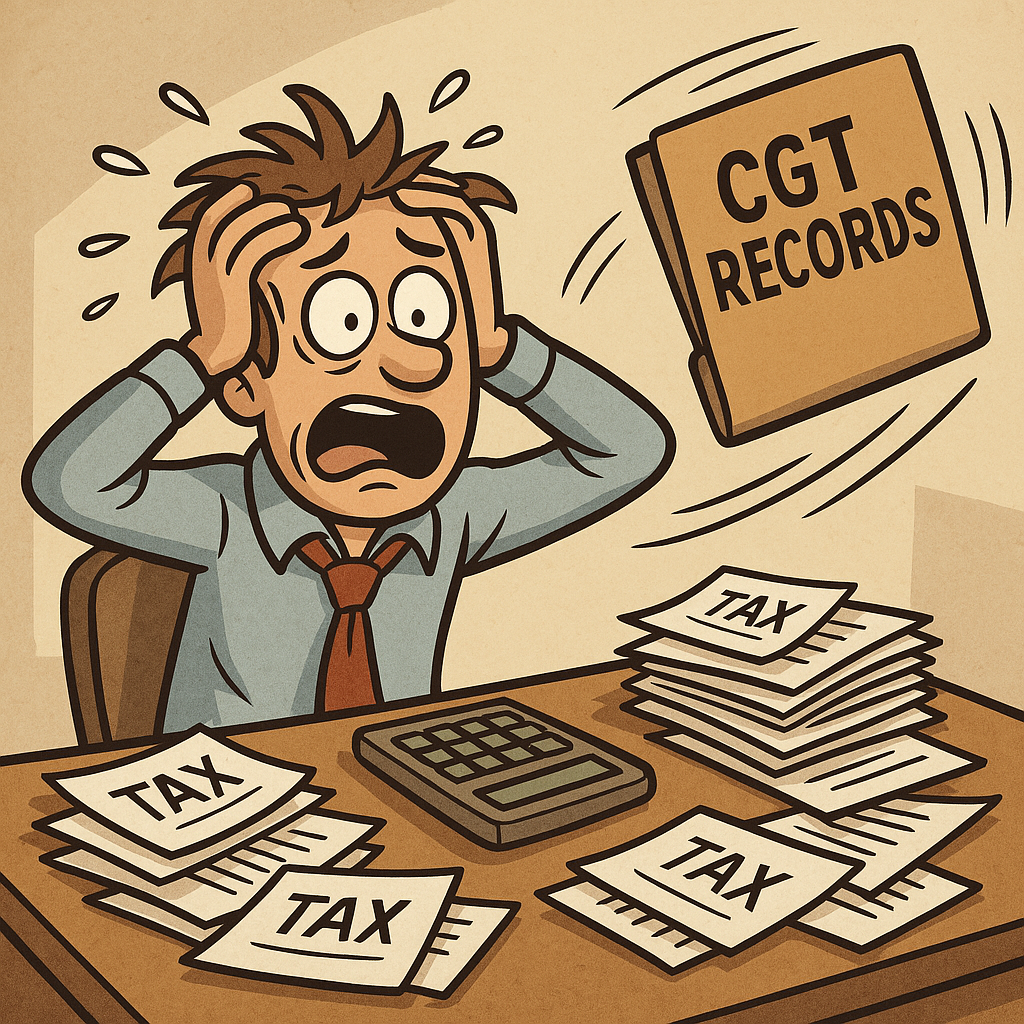Yet more rental data matching by the ATO
Feeding its seemingly insatiable appetite for rental data, the ATO has recently announced it will soon be collecting rental bond details for some 2.2 million individuals.
The data, which will be collected twice a year from State and Territory bond regulators, is very comprehensive, and will include personal details such as names, addresses, dates of birth, telephone numbers, email addresses and bank account details for rental providers and tenants. The data obtained will also include business-related information for managing agents.
Also included will be the address of the leased property, the term of the lease, lease commencement and end dates, bond amounts, rent payable and payment intervals.
The ATO will also be seeking information about the characteristics of the leased property, including the type of dwelling, the number of bedrooms and a unique identifier for the rented property.
This latest quest for rental data comes after the ATO also acquired property management data records for 2.3 million rental providers from software companies last year.
The project is aimed at identifying those who may not have properly disclosed their rental income, or accounted for capital gains tax (CGT) due on the disposal of their rental property. Clearly, the ATO believes there is still significant under-reporting in this area and that the level of compliance needs to be improved. How much under-reporting of rental income there is remains to be seen.
Where people are letting their properties outside of the rental bond framework by using short stay platforms such as Airbnb, the ATO already knows about those arrangements, having obtained the information from the platform providers.
Rental income from short-term stays or even renting out a bedroom in your home has to be disclosed as assessable income in the same way as rental income from the long-term lease of a house or an apartment, although there can be some tricky issues around the apportionment of expenses when claiming deductions.
Many taxpayers with investment properties can expect to be subject to some sort of ATO attention in the coming years and it may be worth double checking that the way these transactions have been disclosed in your tax returns is 100% correct. If not, the best way to set things right would be by making a voluntary disclosure to the ATO before they start asking questions.
Issues that could be raised on audit include:
· The repairs vs improvement issue
There can be a fine line between work carried out that is a genuine repair (and tax deductible up front) and an improvement (generally deductible over time). Even where something is a genuine repair, it may not be deductible if the work is carried out immediately after acquiring the property and before any tenants are put in.
· Bond retentions
Where part of the bond is retained at the end of a tenancy because of damage caused by the tenants, the amount retained needs to be disclosed as assessable income. The cost of any associated repairs would generally be deductible.
· Interest deductibility
Where you have a mortgage over an investment property and the loan was used to acquire the property (or any other income-producing asset), interest will be deductible, provided the property is being let or is available to let. But where you already own an investment property free and clear and borrow against it to pay off the mortgage on your main residence or use the money to buy a car or fund a holiday, the interest is non-deductible. It’s the use of the borrowed funds that determines interest deductibility.
· Is that holiday house genuinely available for rent?
Unless your beach house is exclusively used for rental purposes, and is never used by family members or friends free of charge or below market value, there are always issues around the apportionment of expenses. Advertising the property at an unrealistic price is not regarded as making it genuinely available for rent, which will affect apportionment.
· Inherited property
There is a myriad of CGT issues around the sale of an inherited property, including where it has been used for rental purposes.
We’re happy to help you review any of these issues.











